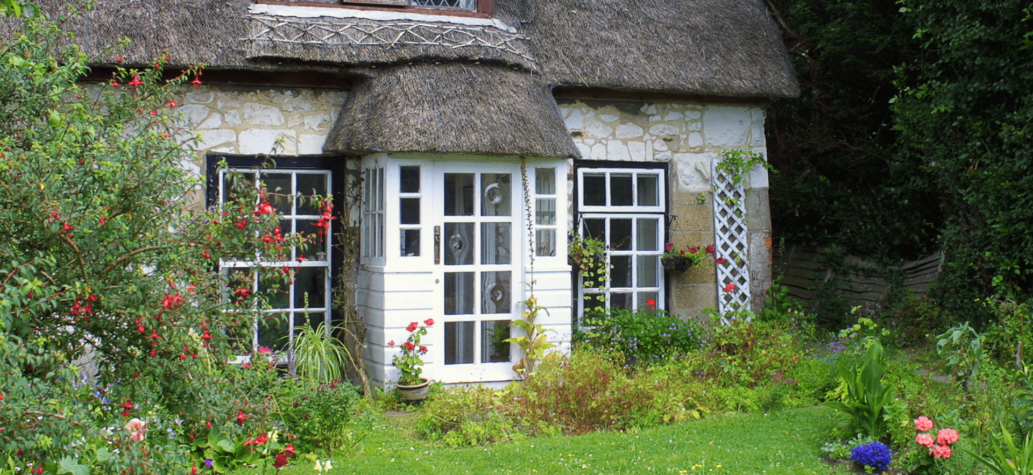

Investing in a holiday property – Should landlords be considering this growing market?
A report from Sykes Cottages, who have over 30 years of experience in the business, reports that a staggering 82% of Brits holidayed at home in 2022 – the sector continues to show its strength as we head towards another busy holiday season. Our very own East Anglia was in the top 3 fastest growing regions in 2023 for staycation properties.
Why have property investors flocked to this area of the buy-to-let market?
The COVID-19 pandemic meant that the majority of us were forced to stay at home for the best part of 12 months between 2020 and early 2021. When the world finally transitioned back to some form of normality, travelling abroad for a holiday didn’t seem as necessary for many people as it did before, it certainly wasn’t as easy, with many countries operating stringent policies to counter new waves of infections.
Whilst there were already many professional landlords with holiday properties in their portfolio, and a significant number expressing interest, this change in consumer behaviour has accelerated activity for many.
Lenders have recognised this growth and as such, more and more are offering holiday let products than ever before. This increase in products is a good thing for potential investors as the lenders are fighting for the business.
What to consider before you invest in a holiday property
Remember this isn’t primarily a second home. It is a property purchased with the intention of renting it out to holidaymakers on a short-term basis.
To qualify for business rates relief, the following criteria must be met:
- The property must be furnished and available as a holiday let for a minimum of 140 days a year.
- The property must be physically let for at least 70 days a year.
- The maximum length of a single holiday stay can be no more than 31 days.
What are the benefits of Holiday Let Mortgages?
For furnished holiday lets, landlords should still be able to deduct mortgage interest payments from their rental income before paying tax. Energy and gardening amongst other costs can also be offset against the profit, bringing down a landlord's tax bill. In comparison, a traditional buy-to-let no longer enjoys any mortgage interest relief.
In addition to the financial positives, many lenders also allow you to occupy the property yourself for a limited time per year.
Are there any potential pitfalls with a short-term rental property?
With a typical buy-to-let property, tenants will be on at least a 6-month tenancy agreement. Holiday properties can be more complicated to manage with regular guests to consider, cleaning, and overall management of the property.
Some tourist hotspots can suffer from overinflated property prices which can mean investors are waiting longer to see a profit. Lender criteria is also typically more stringent for holiday lets than standard BTLs.
With many companies competing to advertise a holiday property – from the likes of Air BnB to Sykes Cottages – it would be easy to assume that securing guests was a foregone conclusion. Remember guests can never be guaranteed, and it would be prudent for anyone considering this type of BTL to factor in rental voids.
Final verdict on holiday buy to lets
With any property investment, we would always recommend doing your homework. This is just a whistle-stop tour of a few points you should think about when considering this area of the market. Further research and professional advice will need to be considered before you proceed with any plans.
It is also crucial to keep in mind that holiday lets are not guaranteed income as there can be periods of fluctuations in rent as well as rental voids during off-season times.
Contact us today
Get a Mortgage Quote
Advice that’s tailored to your own bespoke situation.
Enter your contact details and we’ll contact you back within 1 hour (during normal business hours).

No Broker Fee*
Let Vincent Burch Mortgage Services arrange the best mortgage available for your circumstances.
To request a phone call from one of our advisors, please submit your details above and we will contact you at the earliest possible time.